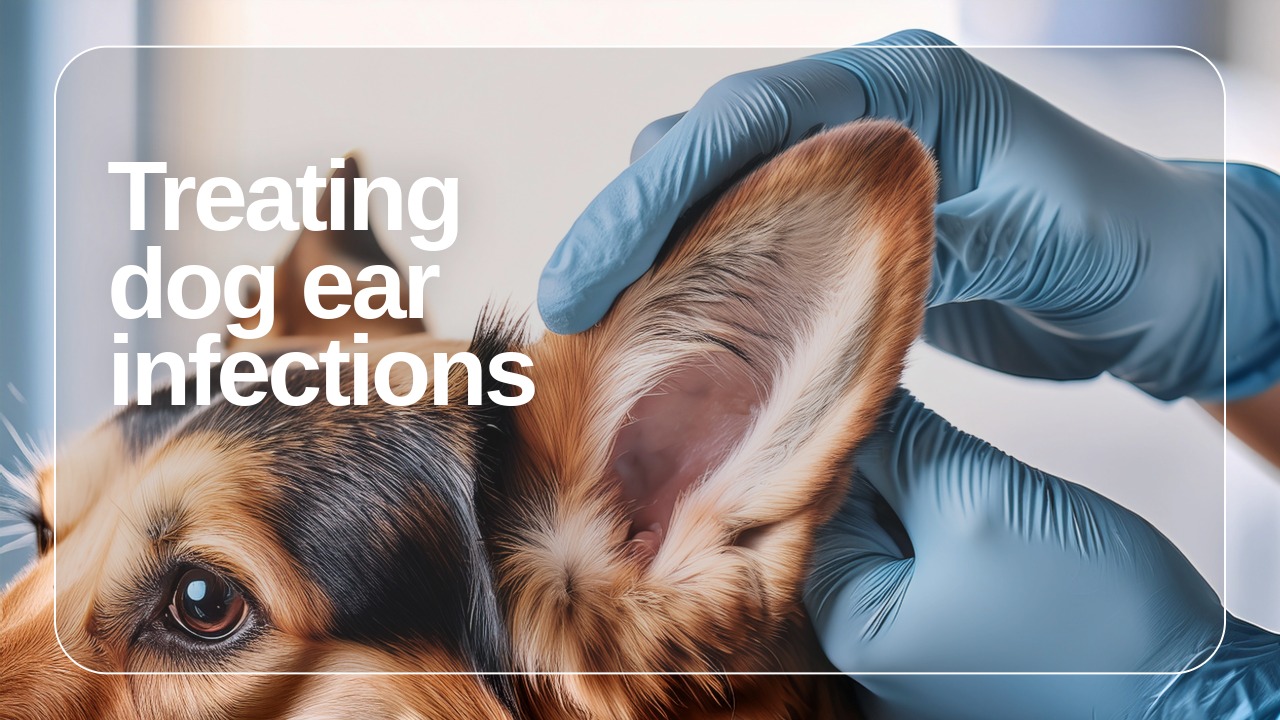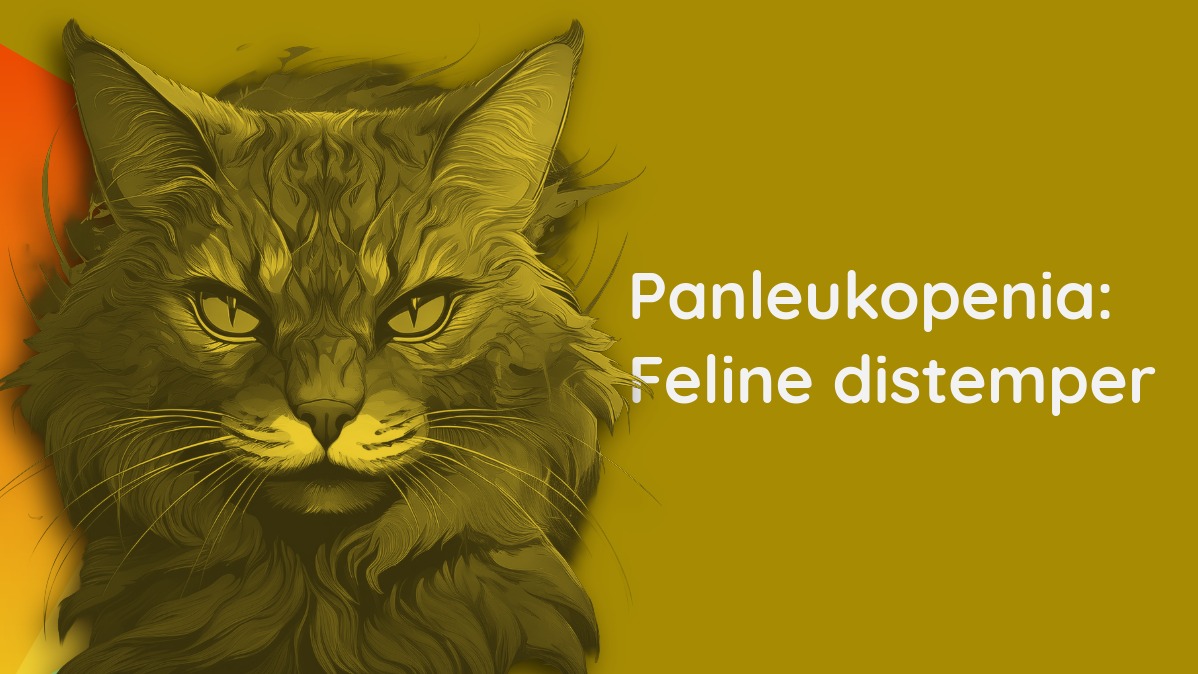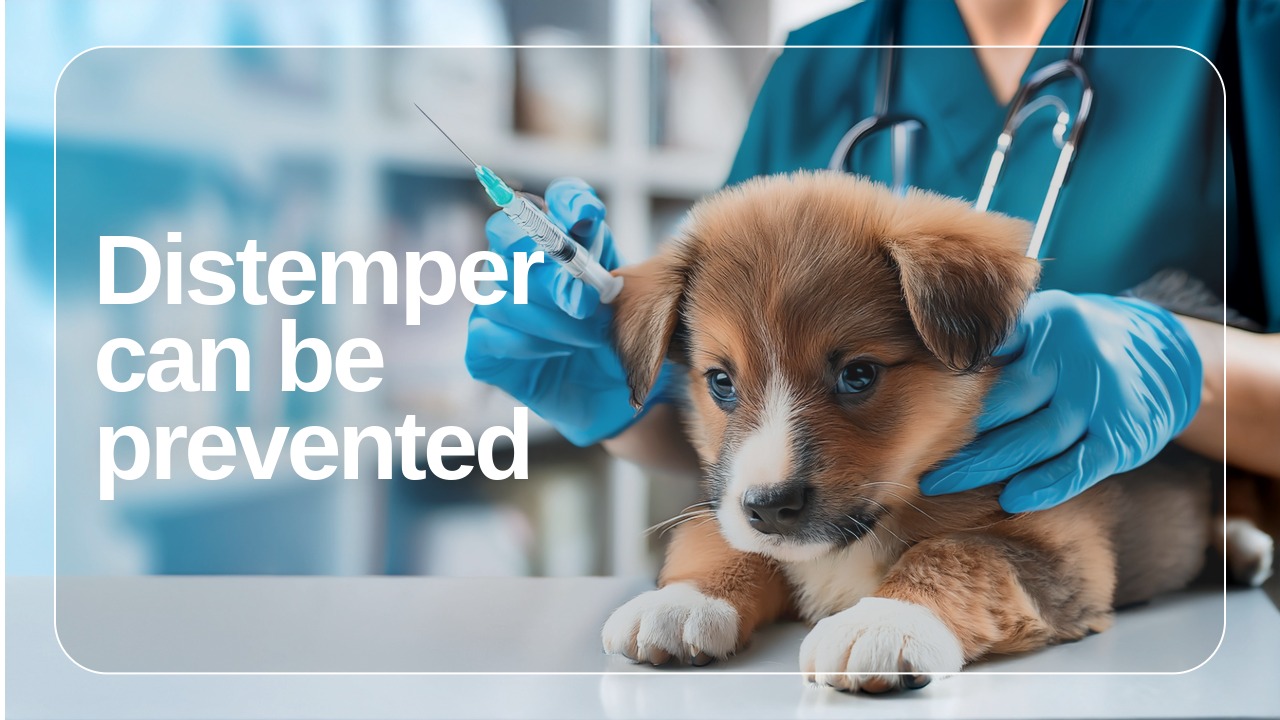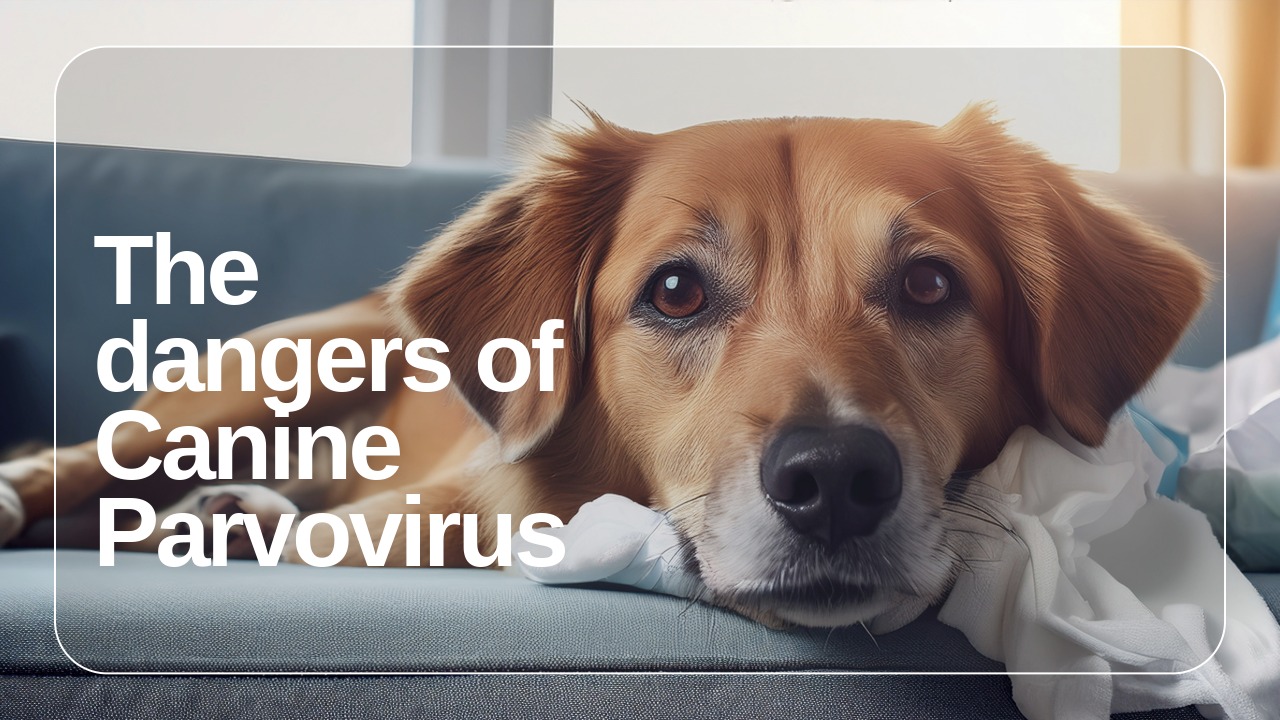Making the decision to spay or neuter your pet is one of the most responsible choices you can make as a pet owner in Tbilisi. This simple surgical procedure not only helps control the pet population but also offers significant health and behavioral benefits for your furry friend.
At our clinic in Tbilisi, we know that not every pet is a cat or a dog. Many families care for ferrets, birds, and rabbits. These small animals bring a lot of joy, but they also need very special medical attention. Sadly, most clinics in Tbilisi are not ready to help them. That is why we decided to focus on their needs.
Ear infections in dogs are painful and often come back if not treated properly.
We offer a special treatment developed by our clinic that goes beyond basic antibiotics or ear drops.
It targets the root cause and helps prevent future infections.
Foxtails are the barbed seed heads of certain wild grasses, especially common in dry, weedy areas during late spring and summer.
These seeds are designed to move forward only, which means once they attach to your pet, they can burrow deeper into the skin or body with every movement.
Leishmania is a serious but manageable parasitic disease in dogs.
Early diagnosis and a carefully chosen drug plan can control the infection, ease signs, and cut the risk of spread.
In this article you will find clear facts on what the disease is, how it is treated, and how you can protect your pet.
Over bathing can strip the natural oils that keep a pet’s skin healthy. When these oils are gone the skin can become dry, itchy, and red. Most dogs need a bath only every four to six weeks and most cats even less often. Between baths you can use brushing, pet wipes, or dry shampoo to keep them clean. Ask our vet for a bathing schedule that fits your pet’s breed, health, and lifestyle.
Panleukopenia is a fast acting viral illness that strikes cats and kittens.
It attacks the bone marrow and gut, leading to sudden fever, vomiting, and a sharp drop in white blood cells.
Quick veterinary care and timely vaccination are the keys to saving lives.
Canine distemper is a serious viral disease that harms a dog’s lungs, gut, and nervous system.
It spreads easily through the air and shared bowls.
Early vaccination and fast veterinary care give the best chance of recovery.
Parvovirus is a fast acting gut virus that strikes puppies and unprotected adult dogs.
It causes sudden bloody diarrhea and severe dehydration.
Prompt veterinary care and solid vaccination programs are the best ways to save lives.
Laparoscopy method(Minimally invasive surgery or Keyhole surgery) is safe and effective for many dogs and cats, especially those that are young, active, or sensitive to pain. Instead of cutting open the entire abdomen, our surgeon makes a small hole to work with. In our laparoscopy method, we don’t use a laparoscope like in human surgeries due to the wide range of animal sizes. Instead, we use a set of techniques that achieve very similar results.
Why Use Laparoscopy Method
- Smaller cuts mean less pain after surgery
- Lower risk of infection
- Less bleeding and trauma to tissue
- Faster healing and return to normal activity
- Shorter time under anesthesia in many cases







